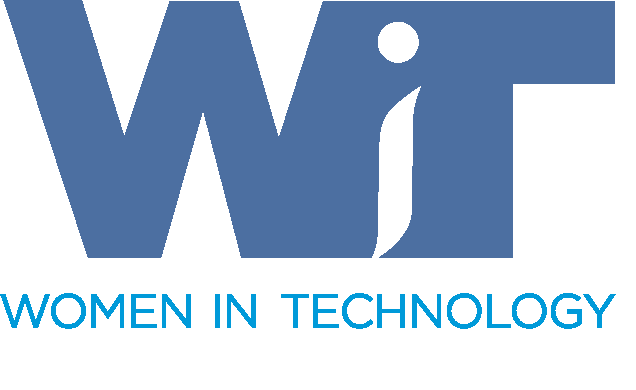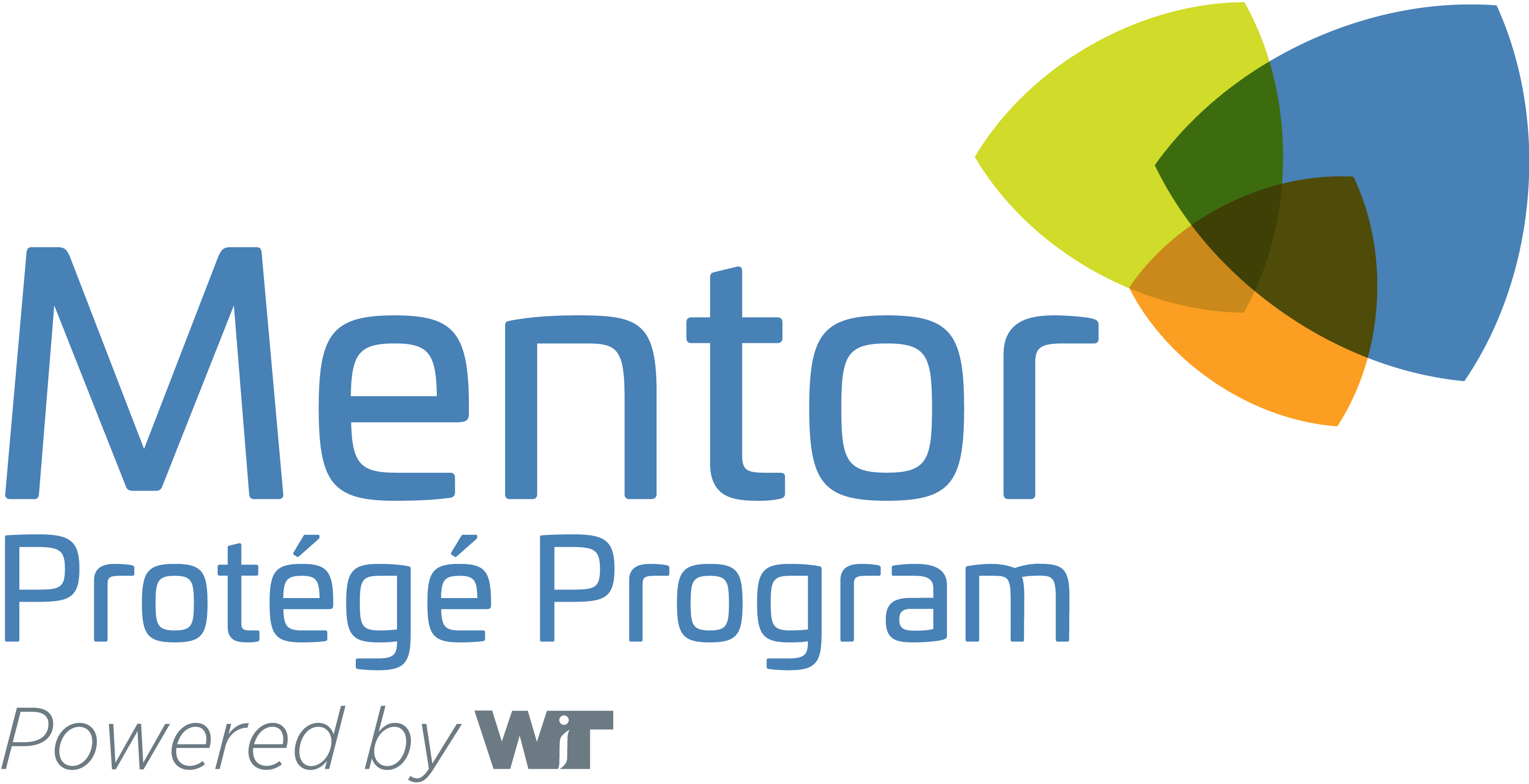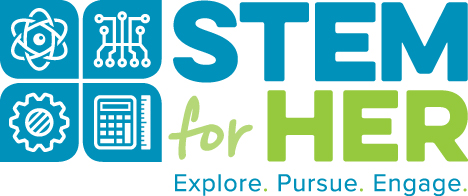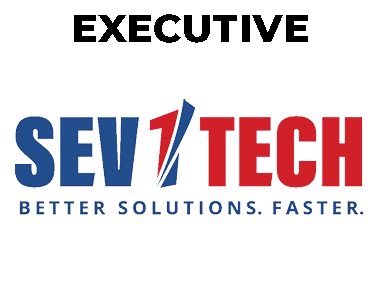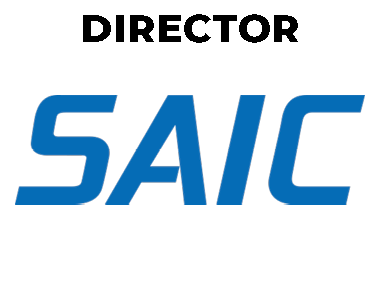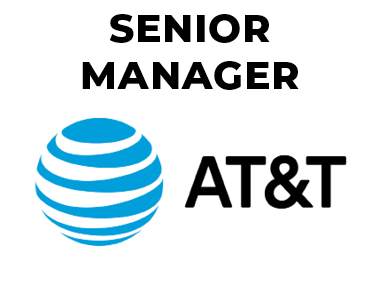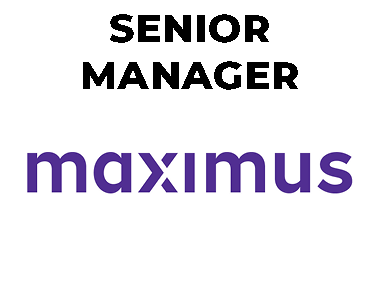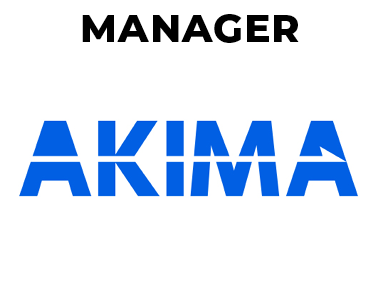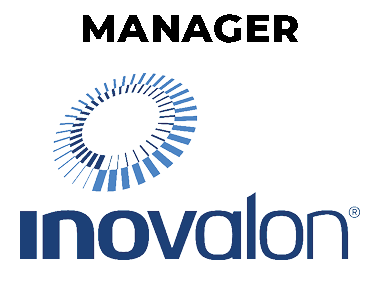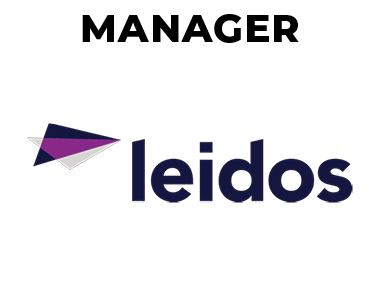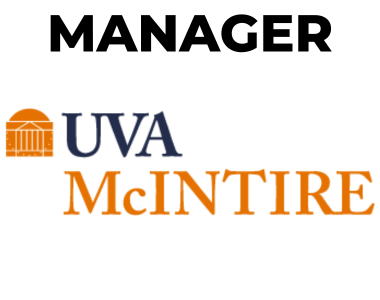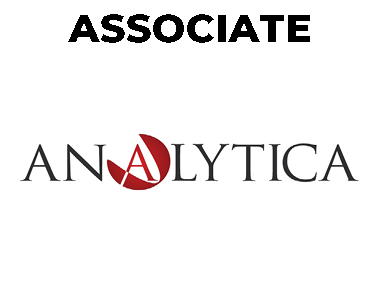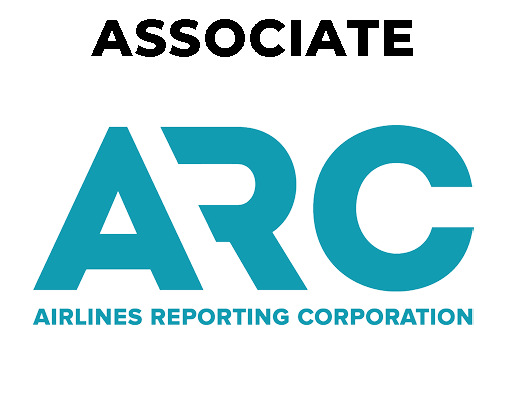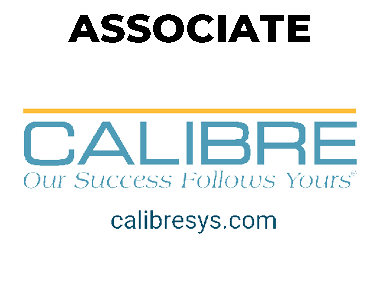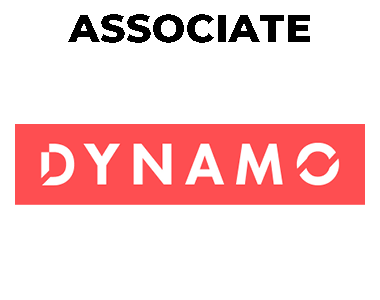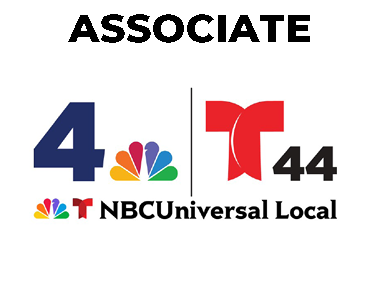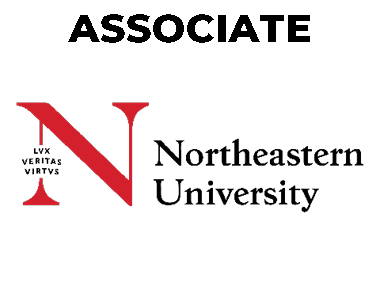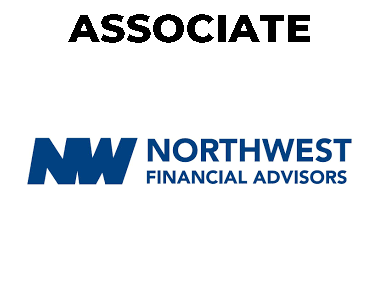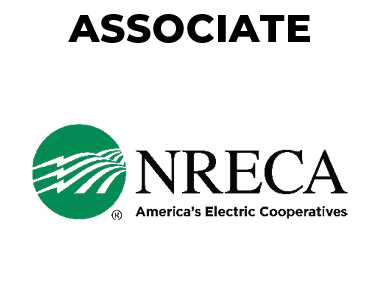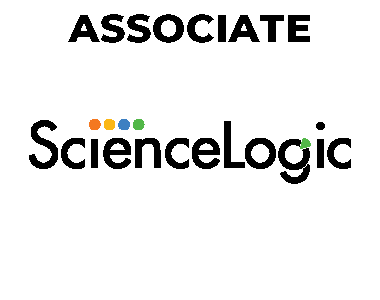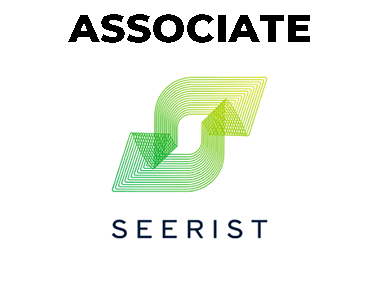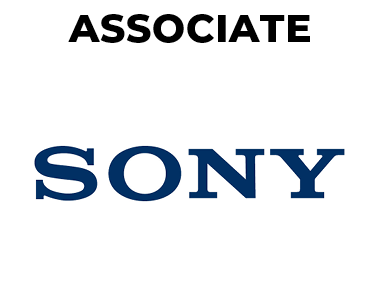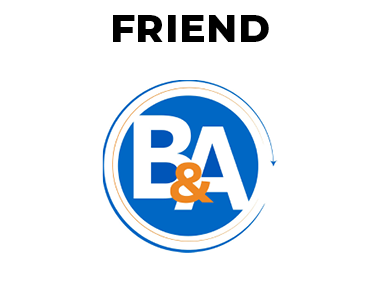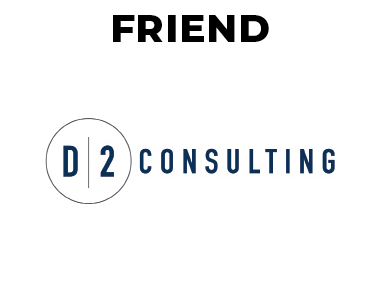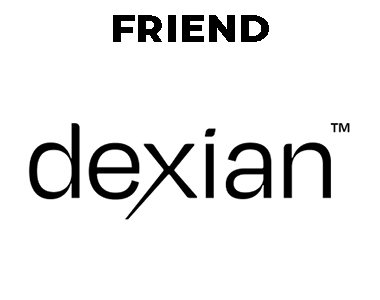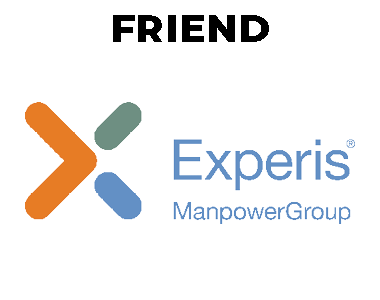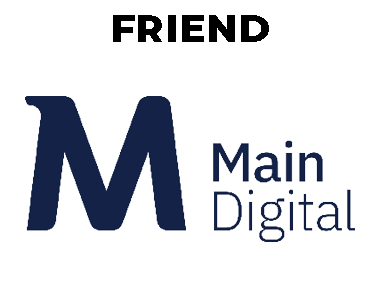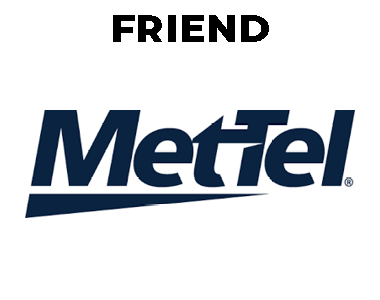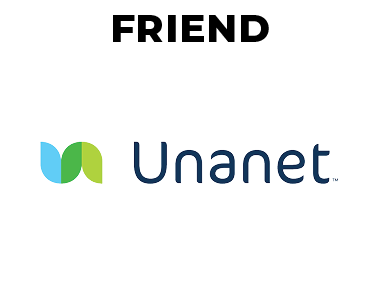|
Women In Technology's The Leadership Foundry and American University Annual Study on Women Serving on Corporate Boards Shows Slow Growth for DC Region
Up to 14% from 12.8% in 2015, percentage of women serving on local boards remains behind national average
Falls Church, VA - November 3, 2016 – Women in Technology (WIT), the premier organization contributing to the success of professional women in the technology community in the Washington, DC area, along with Kogod School of Business at American University today announced the results of WIT’s The Leadership Foundry annual research report examining the representation of women on corporate boards. The results show a slow increase in the number of women serving on DC regional corporate boards yet are behind the national average. The research was released today at The Leadership Foundry annual luncheon. The report “Advancing Women to the Corporate Boardroom,” was conducted by Kogod School of Business at American University, and provides in-depth analysis of women board members from 204 publicly traded companies headquartered in Maryland, Virginia and Washington, DC. The findings showcase a slow uptick in women serving on corporate boards, growing from 12.8% in 2015 to 14% in 2016, but few companies achieved the “critical mass” (three or more women on the board) inclusion that would allow them to truly benefit from board member diversity. Studies have consistently shown that having women on corporate boards is a smart business decision, with such organizations seeing higher return on equity, higher price/book value and higher payout ratio when three or more women are on the board. Specific results of the 2016 research include:
“As much as we’d like to say the Washington region is leading the way in the number of women appointed to public corporation boards, and even with the numbers increasing slightly this year, we have a long way to go,” said Marguerete Luter, Chair of WIT’s The Leadership Foundry, which concentrates on identifying and preparing women for corporate board opportunities. “Research continues to show a positive correlation between women serving on corporate boards and the financial performance of the corporations when there is a critical mass of three or more women, so public companies in the DC region should be proactively seeking qualified women to join their ranks.” Regional Comparisons on Legislation and Regulatory Environment WIT and the American University team are also beginning an examination of areas on par with the MD/VA/DC region for additional influences impacting the rate at which women are added to corporate boards. From legislation to public pressure and advocacy, along with the diversity of industries and company sizes within regions, there are many legal, cultural and economic factors that may influence individual states’ progress in corporate board gender diversity. This year the research team considered how the Greater DC region fared compared to four distinct states: Massachusetts, Illinois, Ohio and California; each state combines advocacy, legislation and industry to bolster board gender diversity. “All of our research is aimed at uncovering opportunities for women aspiring to corporate board service while spurring companies to proactively seek female directors,” said Jill Klein, Assistant Dean for Digital Initiatives at the Kogod School of Business at American University. “From information technology executives to cybersecurity to finance specialists, women bring subject matter expertise coupled with a different lens for assessing risk and opportunity.” Since WIT began collaborating with Kogod School of Business in 2010, it has consistently focused on increasing the number of women serving on corporate boards in the Washington, DC region. As part of this mission, WIT created The Leadership Foundry to prepare women leaders to serve on corporate boards. Through The Leadership Foundry, senior women executives have the opportunity to be a part of a program that provides intensive board training sessions, access to the knowledge of a steering committee of industry leaders with extensive board experience as well as educational and networking events. Click HERE for a copy of the 2016 report and for more information about The Leadership Foundry. The 2016 research was conducted by graduate students Betsy Henderson (MA International Relations), Heather Randall (MBA) and Maria Wallace (MS Analytics) at Kogod School of Business at American University under the guidance of faculty research sponsor Jill Klein and WIT project director Lori DeLorenzo. All companies included in this report are listed on the major stock exchanges (NYSE and NASDAQ). For more information about The Leadership Foundry, visit www.theleadershipfoundry.org. About Women in Technology Women in Technology (WIT) has the mission of advancing women in technology—from the classroom to the boardroom—by providing advocacy, leadership development, networking, mentoring and technology education for nearly 1000 members in the Washington, DC area. For more information, please visit, www.womenintechnology.org or connect with us via: Facebook, LinkedIn or Twitter (@WITWomen). |
